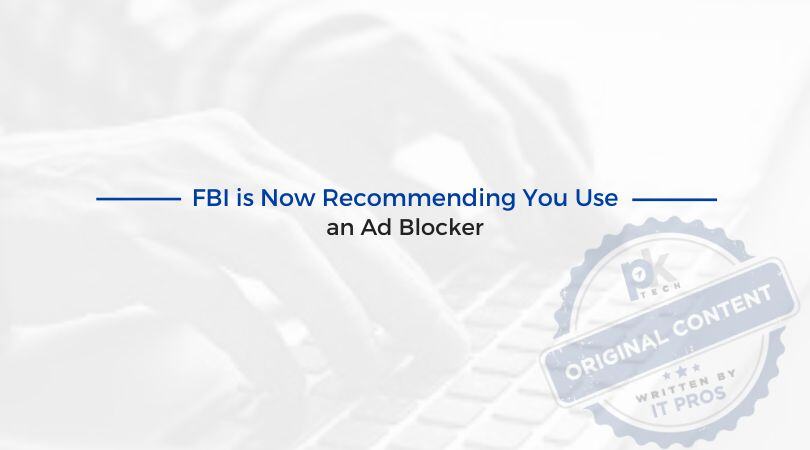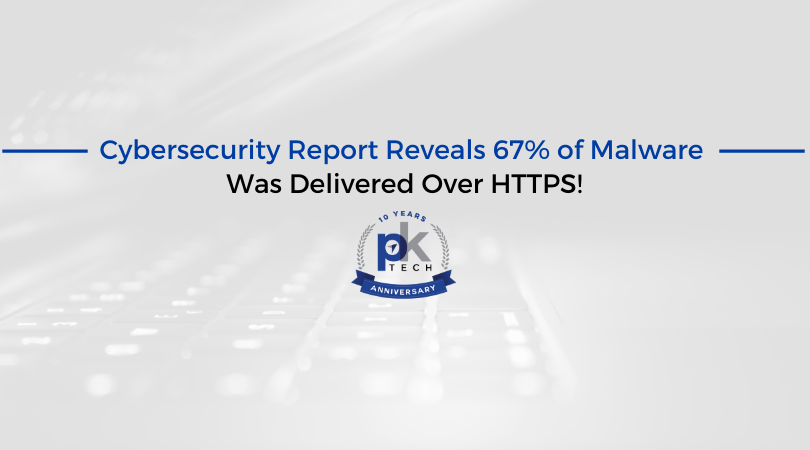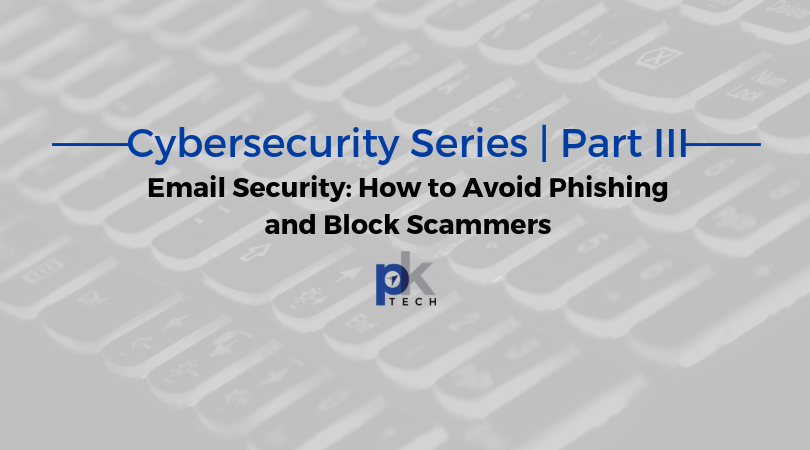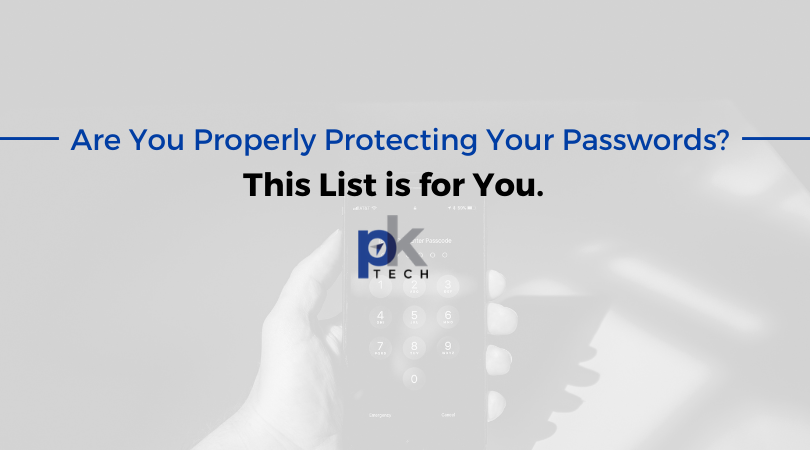Cybersecurity Report Reveals 67% of Malware Was Delivered Over HTTPS!
Watchguard recently released its latest report for Q1 2020, providing analytics from 44,000 global appliances. In general, upwards of two-thirds of...
2 min read
Megan Schutz : Updated on November 21, 2024

You’ve likely heard of ad blockers—perhaps you use them, or maybe you want to but don’t know how.
Have you ever wondered if they matter? Do they just block ads, or is there more to it? Are they recommended for business use, personal use, or both?
Consider this your FAQ on ad blockers and why we believe them to be essential to your cybersecurity plan. Let’s dig in.
Ad blockers are web browser extensions that work to block online ads from loading into your browser. By blocking all ads, ad blockers effectively eliminate potential malicious ads and allow the user to more easily access the website of only legitimate brands.
Ad blockers are not only great for blocking auto-playing video and image ads on web pages, but they also help maintain your privacy by preventing tracking code within ads from loading. That means that if you search for a particular type of shoe on Google, you won’t suddenly see ads for those shoes on Facebook. With ad blockers installed, companies like Google and Facebook can’t track you as you browse the web.
If you still need further convincing to download an ad blocker, consider these two points.
For starters, the best ad blockers on the market are free. They can be installed easily as a browser add-on.
Secondly and more importantly, the FBI now officially recommends that web users download an ad blocker (reference). The recommendation followed an alert warning from the FBI reporting that cybercriminals are using online ads in search results to steal or extort money from victims.
Cybercriminals are reportedly buying ads to impersonate legitimate brands. Malicious ads, once clicked, are used to trick victims into installing malware disguised as genuine apps. Once downloaded, malware is capable of stealing passwords and deploying file-encrypting ransomware.
These malicious ads often have little distinction from an actual ad, making it difficult for users to determine what is real and what is not.
With an ad blocker installed, no ads are displayed, meaning there is no risk to the user of selecting the false ad.
We recommend using ad blockers, whether for personal or business use. We suggest you learn how to disable it on specific websites in case it blocks functionality you want. For example, if you’re working on an ad for your business on Google, blocking ads is counterproductive. Some websites may detect your ad blocker and not load the page until you disable it. You’ve been warned.
uBlock Origin is a simple, low-memory ad blocker that works for most major browsers, including Mozilla Firefox, Google Chrome, Microsoft Edge, and Opera.
Get in touch with PK Tech here if you need further information on security measures.

Watchguard recently released its latest report for Q1 2020, providing analytics from 44,000 global appliances. In general, upwards of two-thirds of...

Cybersecurity Series | Part 3 Email Security: How to Avoid Phishing and Block Scammers Given the amount of emails sent and received in any given...

Are you currently protecting your passwords for personal or business use? Curious about the best way to be doing so? We’ve compiled a list of some of...